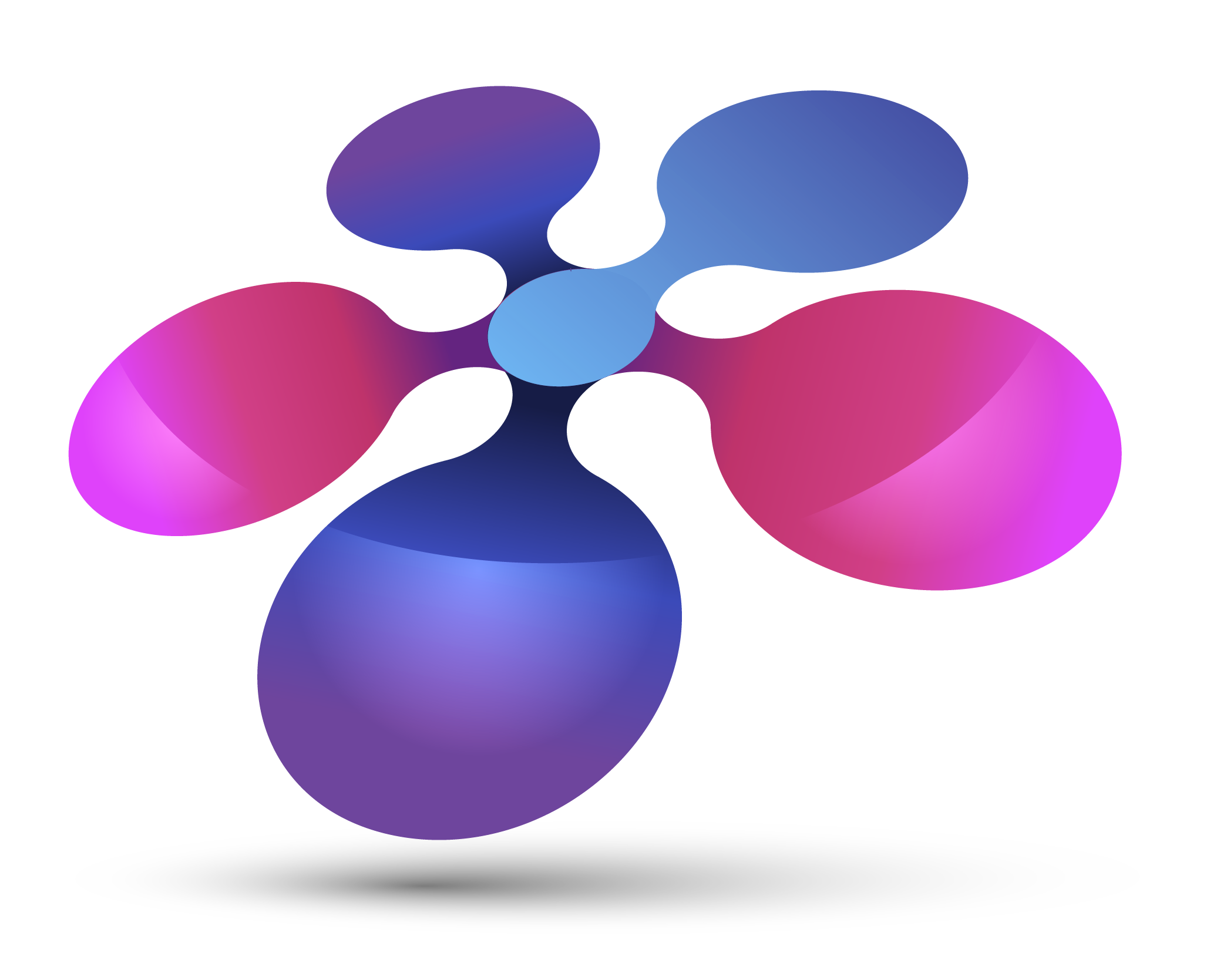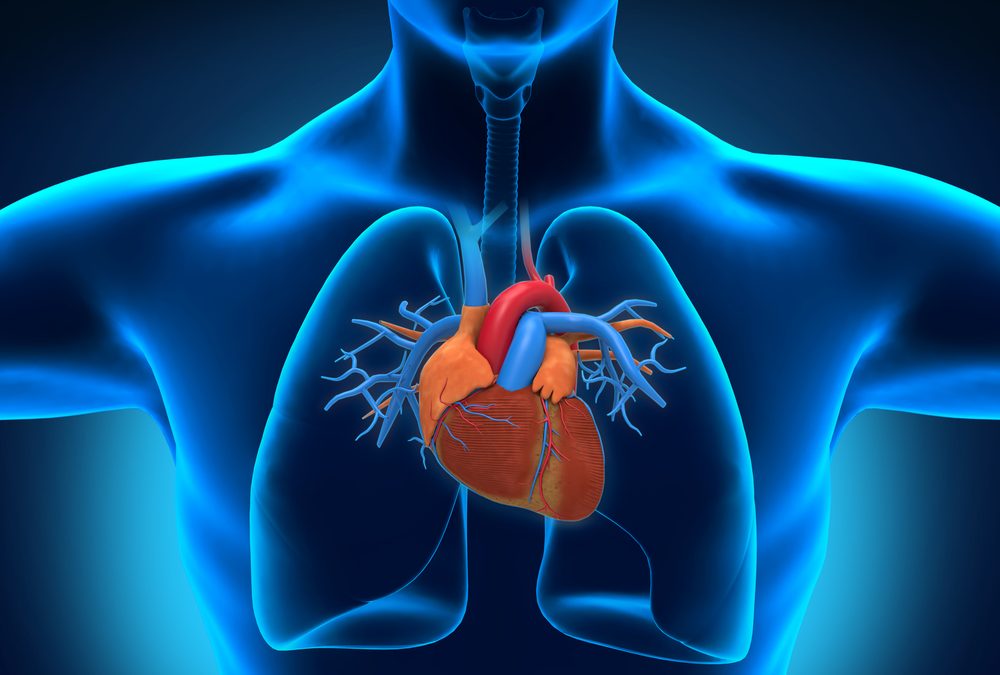
Saffron benefits in improving depression and anxiety
۱۵ اسفند، ۱۴۰۰In his writings, Avicenna has mentioned prominently the soothing effect of brewed saffron to reduce heartbeat rate.
In modern medicine, saffron has been also found to be a heart tonic and it is used to maintain the cardiovascular function and treat heart palpitation. Many experiments have proven that Crocin and Crocetin- the active components of saffron- help maintain the cardiovascular function and prevent the hardening of the wall of arteries. These components leave this effect by preventing hyperlipidemia, and increasing insulin-sensitivity and absorption of oxidized LDL.
Studies have reported that saffron leads to a decrease in blood pressure, cholesterol, and triglyceride level and also, inhibition of platelet aggregation and improvement in general hemodynamic condition and reduction in infarct size. Saffron has also shown to have a stimulatory effect on beta-2 receptors, antimuscarinic and anticholinergic and calcium channel antagonism properties, plus, to nitric oxide modulation and increasing the adenosine monophosphate cycle in rodents, and tissue preparation observations.
By inhibiting lipid peroxidation, saffron has been proven to have antioxidant effects in human platelets. In an old study on patients with coronary artery disease, it was shown that saffron improved the antioxidant status in those patients who were administered 50 mg of saffron twice a day.
In another study, patients with metabolic syndrome were prescribed to take a 100mg saffron supplement daily for 12 weeks. At the end of this course, there were improvements in some of the indicators associated with cardiovascular risk factors, i.e., heart shock proteins.
In another study on health, volunteers showed that daily consumption of 400mg of saffron for a week led to reduction in systolic (not diastolic) pressure and moderate arterial pressure.


